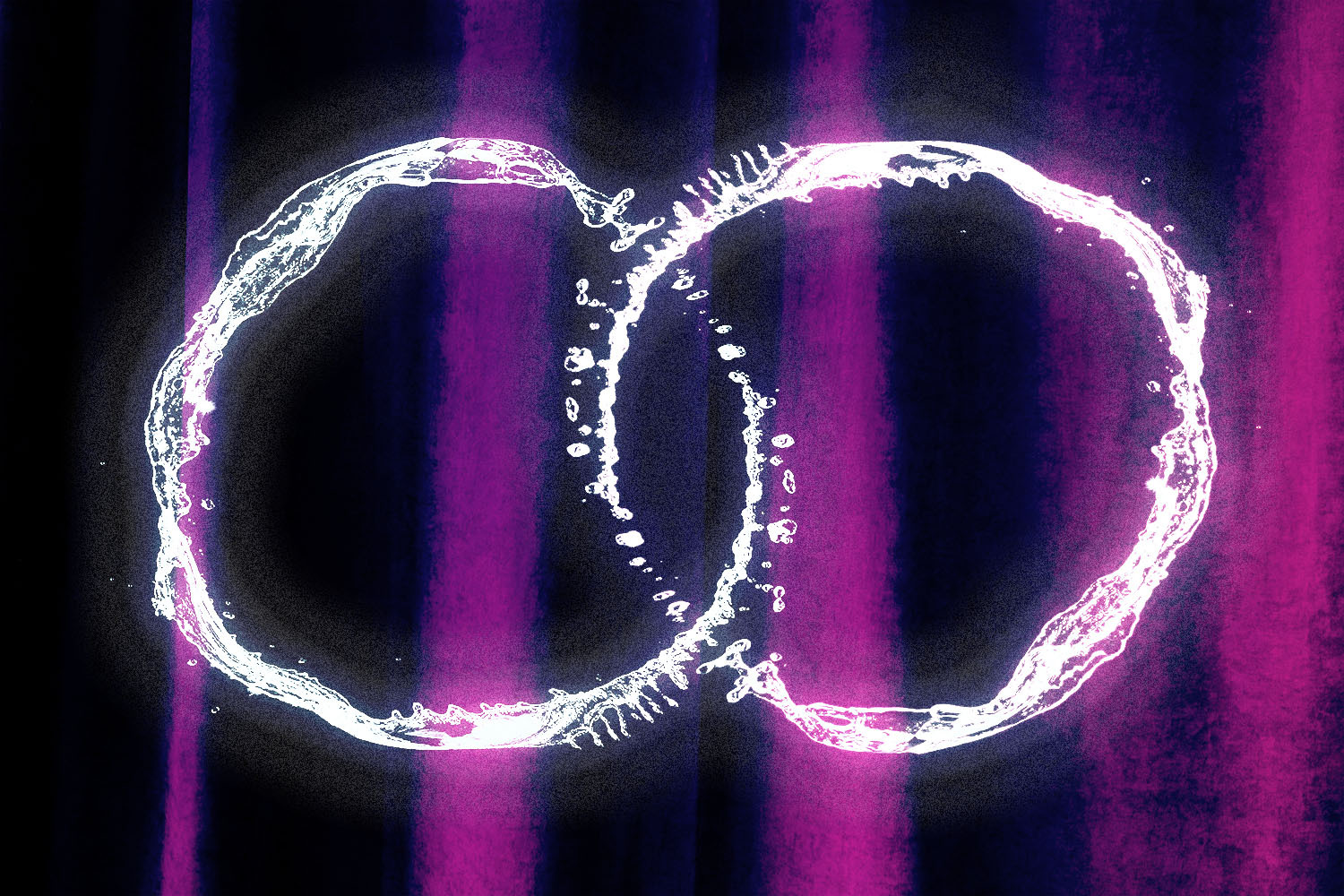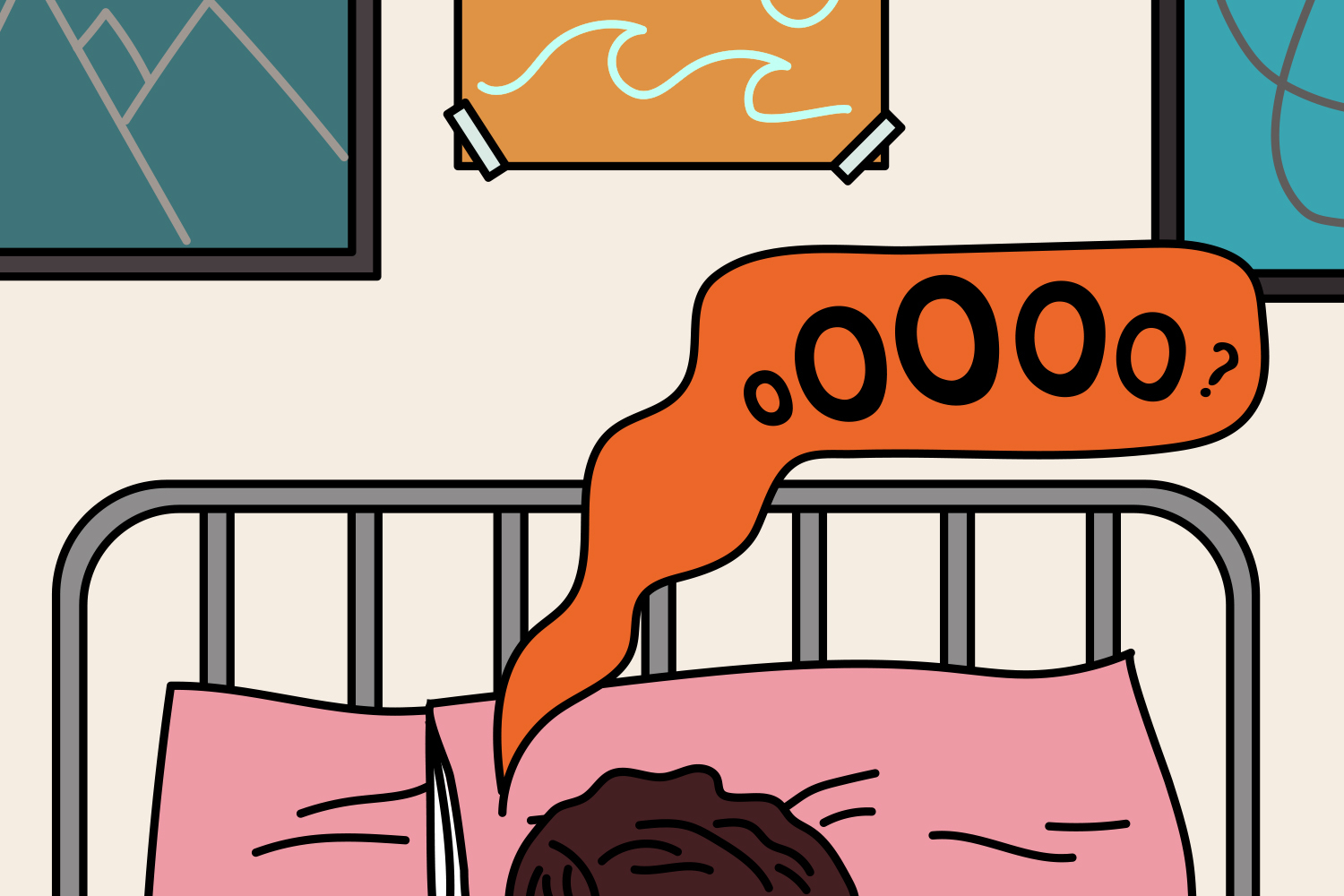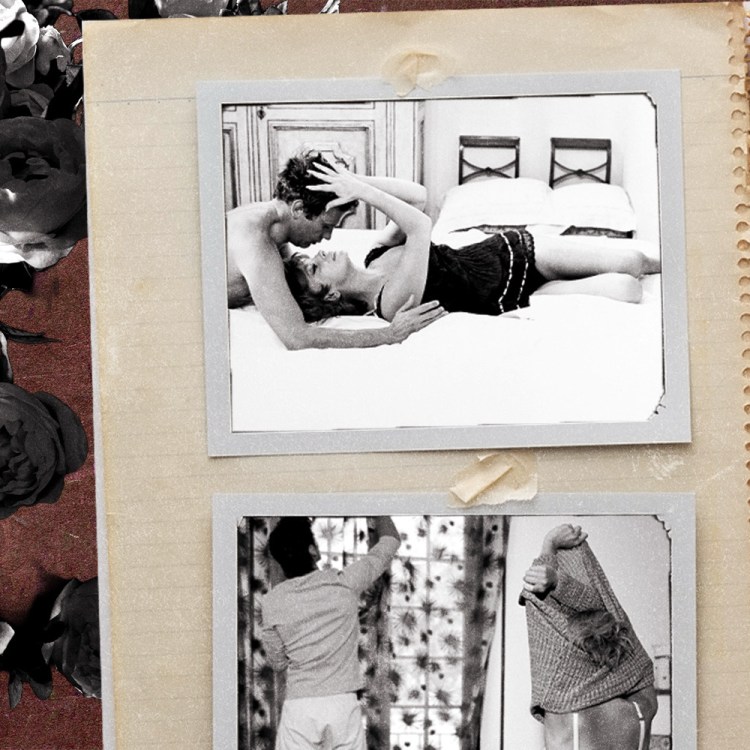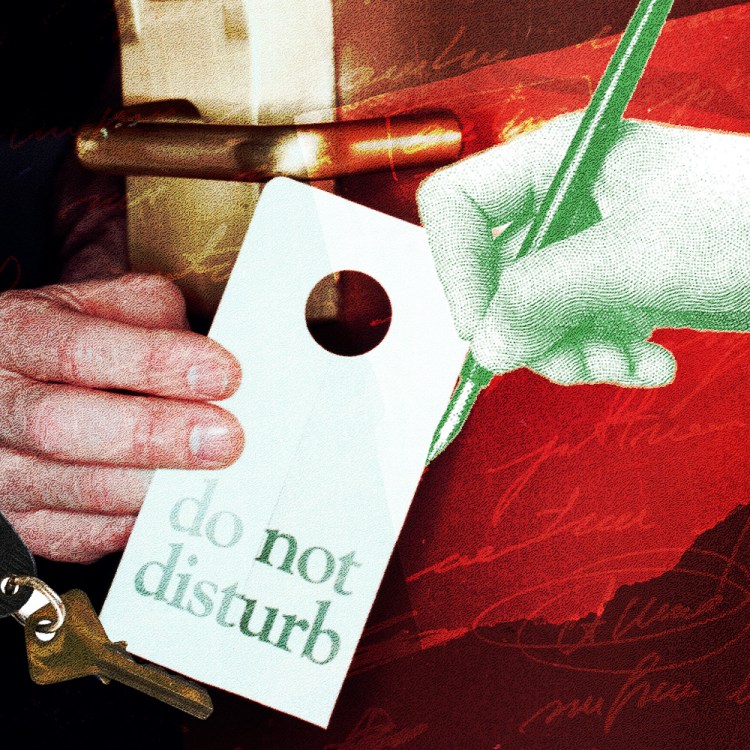If you are a person who experiences sexual attraction to other people, congrats, there’s a word for that: you’re allosexual.
“Allosexuality means attraction to other people,” says Zhana Vrangalova, PhD., a New York City-based sex researcher and a sexpert for adult toy company LELO. “Allo” is a Greek prefix meaning “other” or “different,” Vrangalova explains, “so basically anyone who feels sexual attraction to other people to some degree can be considered allosexual.” That means that allosexuality is a broad umbrella term encompassing many different sexualities and identities, including heterosexuality, homosexuality, bisexuality, pansexuality, etc., distinguishing those identities from asexual ones.
If you were unfamiliar with this term that seems to describe a fairly ubiquitous aspect of human existence, don’t worry, it hasn’t been around all that long. “Even though the vast majority of humans on the planet are allosexual, the term itself is relatively new,” Vrangalova tells InsideHook, explaining that the word “allosexuality” only entered the lexicon within the past decade or two, and has only recently begun to approach a mainstream level of cultural awareness.
But why do we need a term to describe something that, unlike many recent entries in the ever-growing sexual lexicon, has always been acknowledged and accepted as part of the human experience? As it happens, that largely unchallenged awareness and acceptance of sexual attraction is exactly why we need a distinct term for it. The term allosexuality exists less to define or validate allosexual identities than those that fall outside of that umbrella: asexual ones.
According to Vrangalova, “It was coined about 10 to 20 years ago as the asexuality movement became more visible with the goal of educating and destigmatizing asexuality.”
Essentially, allosexuality is less about what it is than what it’s not. The term exists to recognize asexuality as a valid identity (or range of identities) rather than a deviation from the “norm” allosexuality has long been presumed.
“It’s really important that we have a word for allosexuality,” says Vrangalova. “When something — in this case, sexual attraction to others — comes so naturally to you and most other people in the world, it’s very hard to take a mental step away from it and imagine someone not experiencing that same thing. So having a word for this majority experience helps put that experience in a broader perspective, raises awareness about the spectrum of sexual orientation, and allows people to better understand the minority experiences.”
In this case, those “minority experiences” include the wide range of identities that exist somewhere on the asexual spectrum, including demisexuality and “greysexuality,” terms used to describe individuals who only experience sexual attraction in certain contexts, or identify somewhere between allosexual and asexual.
“You can think of allosexuality and asexuality as two ends of the spectrum, with folks who feel very strong and immediate sexual attraction to other people on one end of the spectrum, and those who feel no sexual attraction for other people whatsoever at the other end, with various degrees of demi and greysexuality in between,” says Vrangalova.
In short, allosexuality is a just a term that exists to help us reframe our often unconscious beliefs about what constitutes “normal” human experience. Thinking about allosexuality as allosexuality, rather than a presumed norm or default human setting, opens up space to acknowledge, explore and accept the wide range of identities and experiences that fall outside of it.
“The reality is that everything in human psychology exists on a spectrum,” says Vrangalova. “Understanding that different people fall along different points of these spectra is critical for understanding, accepting and learning how to live with each other in this globalized, diverse world.”
The Charge will help you move better, think clearer and stay in the game longer. Subscribe to our wellness newsletter today.


















